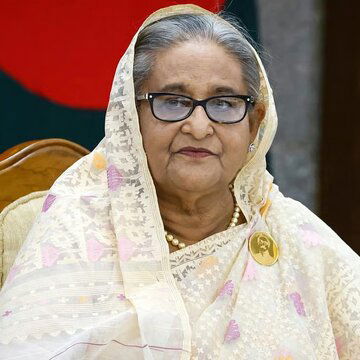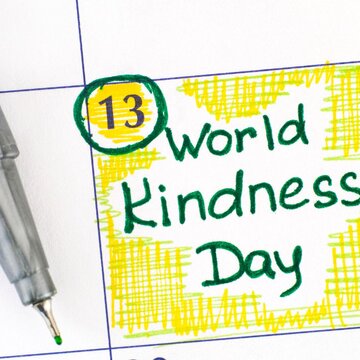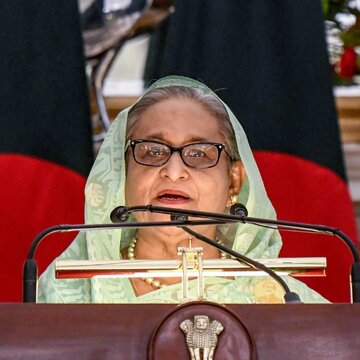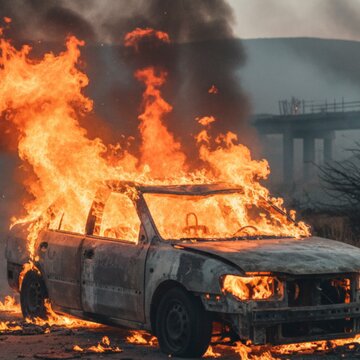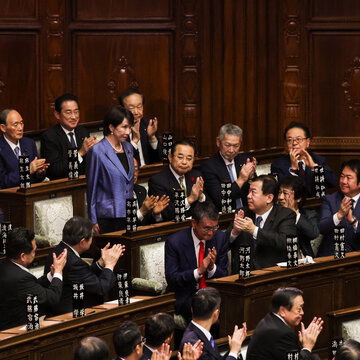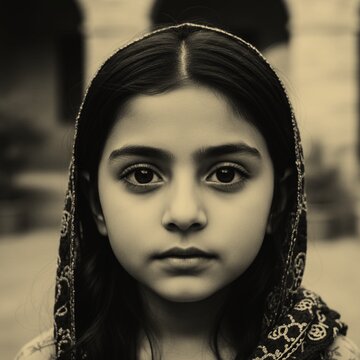A profound demographic shift has hit South Korea, which is turning into an officially “super-aged society” in 2025 as the proportion of its inhabitants aged 65 and over surpassed 20%. This, combined with a surge in solitary living, has given rise to a new, sobering growth industry: the business of death.
Demographically, the crisis of this nation is twofold; while ageing is one of the fastest rates in the world, it is also becoming increasingly lonely. At the beginning of 2025, South Korea was home to more than 10 million single-person households, setting a record 42% of all households.
Also Read | Floods kill 13 in central Vietnam as rescue operations push forward
This loneliness continues into old age, well into their dying days. The phenomenon of "godoksa," or lonely deaths, has become a pressing social issue. According to the latest government data in 2024, the number of people who died alone and remained undiscovered rose to 3,661 in 2023. The figure, which has climbed for three consecutive years, disproportionately affects middle-aged men in their 50s and 60s, who accounted for nearly 54% of these deaths.
A “death wellness” industry is growing to manage the practical and emotional aftermath. Universities are seeing a quiet boom in enrolment for funeral-related services. At institutions like the Busan Institute of Science and Technology, students in “funeral administration” classes practice draping traditional burial shrouds on mannequins, training for a field with guaranteed demand, as cited on NDTV World.
Also Read | Blue dogs of Chernobyl leave Internet stunned: Here's what experts say about the mystery
Perhaps the most prominent signs of the times are the emergence of specialised “trauma cleaners.” These are not typical cleaning services. They are called to apartments where a “godoksa” has occurred, often days or weeks after the fact.
According to NDTV World, cleaners like Cho Eun-Seok have become recorders of these solitary lives, sifting through the possessions of the deceased. They talk of homes filled with untouched gifts, neatly stacked soju bottles, or lyrics of songs unsung. Their work is part-forensics, part-grief counselling, and part-logistics, as their job involves clearing out a life that ended in isolation with minute care. The business of managing South Korea's final, solitary chapter is expected to only grow as its population ages and shrinks.




